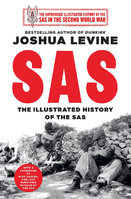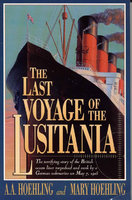New, Quality Gift Books - 50-90% off - over 2500 titles
Your basket is empty.
Categories Great Britain, Maps & the Environment VILLAGE THAT DIED FOR ENGLAND: Tyneham
VILLAGE THAT DIED FOR ENGLAND: Tyneham
Book number: 95139
Product format: Paperback
In stock
Bibliophile price
£7.99
Published price
£18.99
Customers who bought this product also bought
|
|
GIN: Shake, Muddle, Stir
Book number: 95091
Product format: Paperback
Bibliophile price
£5.00
Published price
£9.99
|
SAS: The Illustrated History of the SAS
Book number: 94674
Product format: Hardback
Bibliophile price
£7.00
Published price
£25
|
|
LAST VOYAGE OF THE LUSITANIA
Book number: 94367
Product format: Paperback
Bibliophile price
£6.00
Published price
£12.95
|
GLOUCESTER & SHARPNESS CANAL THROUGH TIME
Book number: 95370
Product format: Paperback
Bibliophile price
£5.50
Published price
£14.99
|
|
Browse these categories as well: Great Britain, Maps & the Environment, War & Militaria, Crime







